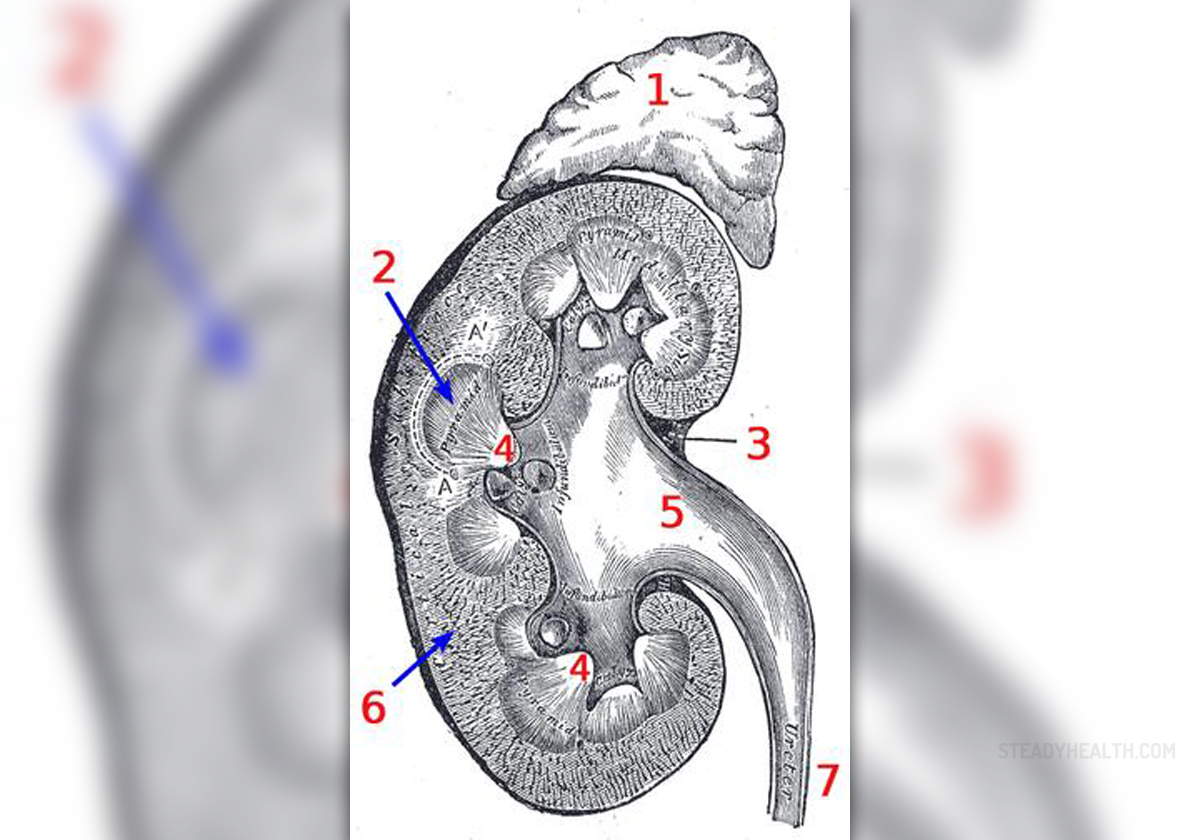
Organ transplantation signifies a procedure which grants one a chance to live through having his/her dysfunctional organs replaced with functional ones. There are many different ways through which this can be done and many rules and regulations related to the procedure itself.
Basically, the organs may come from a living or a dead person or from an animal. The donor needs to provide his/her medical and social history or this information needs to be retrieved before the actual transplantation takes place.
Donation after Death
Before the 1970s, it was impossible to take the organs from a person deceased from factors other than cardiac failure. Later on, the conditions were swapped with brain death or any form of irreversible loss of function.
From a legal standpoint, the donor individual can either choose whether to donate his/her organs on his/her own or leave this decision to his/her family. However, the rules and regulations related to the process vary from country to country.
Thus, depending on the system used, in some situations the donor may be accepted or refused, while in others he/she may accept or refuse. Alternatively, it may fall down to his/her family or doctors to decide.
Some countries include everyone who has not refused to be an actual donor. However, this is usually not a good practice since many people consider this an invasion of their privacy and freedom of decision. Thus, in many countries which accept this, also known as “opt-out”, system, the number of donors is small. For example, in Greece these are 6 per 1 million citizens while in Sweden the numbers are 15 donors per million.
In the US, on the other hand, organ donation is a process regulated by the Uniform Determination of Death Act and the National Organ Transplant Act from 1984, as well as the United Network for Organ Sharing. Yet, every individual has to consent in order to become a donor and be stored in the donor list.
As for Europe, 24 countries have accepted the previously mentioned opt-out system, especially in Spain, Austria and Belgium. In the UK, it all comes down to the desires of the individual. As for the other countries, people are planning to introduce organ donor cards in order to stimulate more people to become organ donors, due to the fact that the current state is far from satisfactory.
Organ Shortfall
In general, there are incomparably more people who need organ donations than donors. So, a countless number of people wait for their organs to be donated and they are found on the donor list. Fortunately, today, we have developed various effective ways of increasing the life expectancy of people suffering from kidney failure. Yet, these people only increase the demand for these organs and fail to get them in most cases.
Statistically, in the US, about 108,000 are currently waiting for an organ transplantation, with ¾ of these people waiting for a kidney. On average, according to a study carried out in Oregon Health and Science University, the average waiting time for a heart is three weeks, while a liver or pancreas requires for about 3 months of waiting. Finally, people in dire need of a kidney usually have to face about 15 months of waiting at best.
As for Australia, 10.8 donations are available for one million of people. In Spain, the numbers are three times bigger.
Many organizations for organ donations are being established due to this grim state of affairs, offering various benefits for people who are ready to sign up for being a donor.
Scandals
Several scandals were related to the organ donation sphere of medicine. For example, in 2008, Hootan Roozorkh was found guilty for administering deadly doses of morphine and sedatives to his patients, causing them to die sooner than expected, in order to harvest their organs for transplantation. This man was the first surgeon ever to be criminally persecuted for these reasons in the US.
The same state, California, was a home for yet another offense in this line of work. Narges Pazouki refused to declare a patient brain-dead before testing. She reported the situation.
Furthermore, the organ trade moved on to eBay in September 1999, when $5.7 million was auctioned for a healthy human kidney. The service was ordered to dismiss the auction, due to the fact that selling organs is punishable by up to 5 years in prison and a $50,000 fine.
Finally, in 2008, a man from Singapure sold his kidney to a person who paid 150 million rupiah, about $17,000, for it.
All in all, organ and tissue donation can save lives. Unfortunately, it rarely does, because of a small number of donors when compared to the demand. Yet, we are to hope that human beings will see something noble and beautiful in this selfless act, rather than a doorway to monetary profit. Until that day comes, we will be faced to keep the will of the donors protected and all criminal offenses related to the matter punished according to the law.

















Your thoughts on this
Loading...